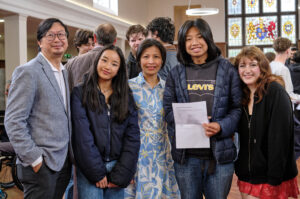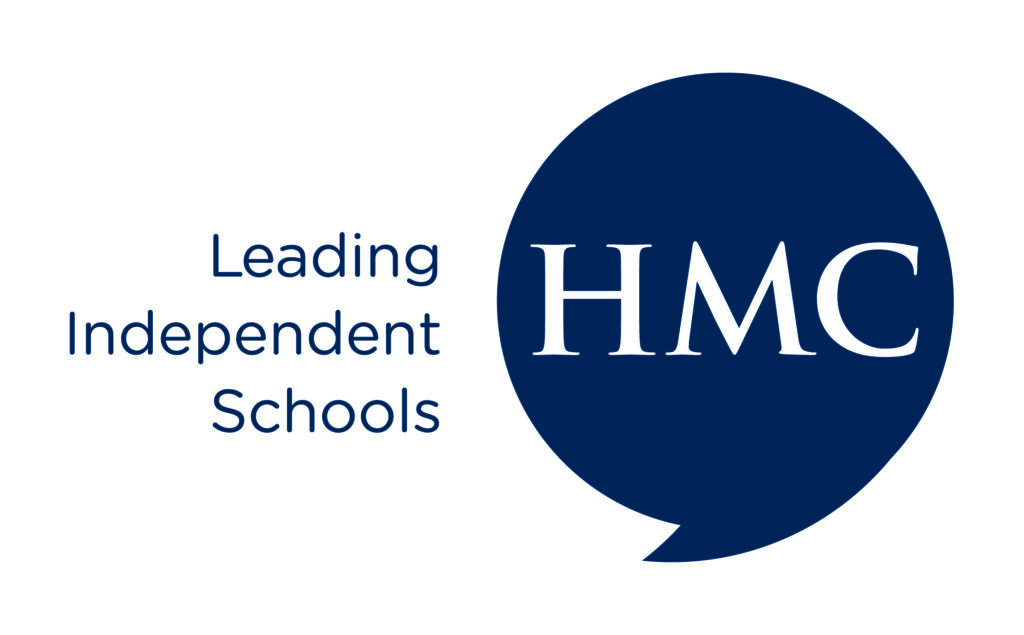One of the recurring themes that often comes up throughout the Covid-19 pandemic is the balance between individualism and collectivism. Individualism values autonomy and personal independence whereas collectivism values social cooperation and personal interdependence. Over the lockdown we have given up many of our individual liberties for the protection of society as a whole. Some would say this is an act of tyranny whilst others would argue that it is for the greater good of society.
To take a brief look at this issue, we need to think about responsibility. Each and every day our actions are influenced by our moral and social responsibility, to our parents, peers, school and wider society. For example, as students we have the responsibility to take an active part in our learning and be kind to each other. Likewise, our parents and teachers have the responsibilities to look after us and provide us with a good education. Of course, these responsibilities change and develop over time, but the principle of mutual reciprocity builds a bedrock upon which we can function in a safe and prosperous environment.
Placing this into our current context, we should really focus on our responsibilities. Whilst it is imperative for us to stress our own personal goals and development, since we must be able to cater ourselves and acquire the means to help others, we should never lose sight of our responsibilities. Perhaps that means to wear a mask in public, or stay at home to protect the NHS, or get vaccinated to help build herd immunity, the list goes on. As the government announced, in England’s roadmap out of lockdown, the aim is to move to “personal responsibility” rather than having social distancing laws. So, it is up to us, and that means all of us, to stay attentive to responsibilities to ourselves, our family and our collective obligations and desires as a society, as well as to negotiate competing responsibilities along the way.











